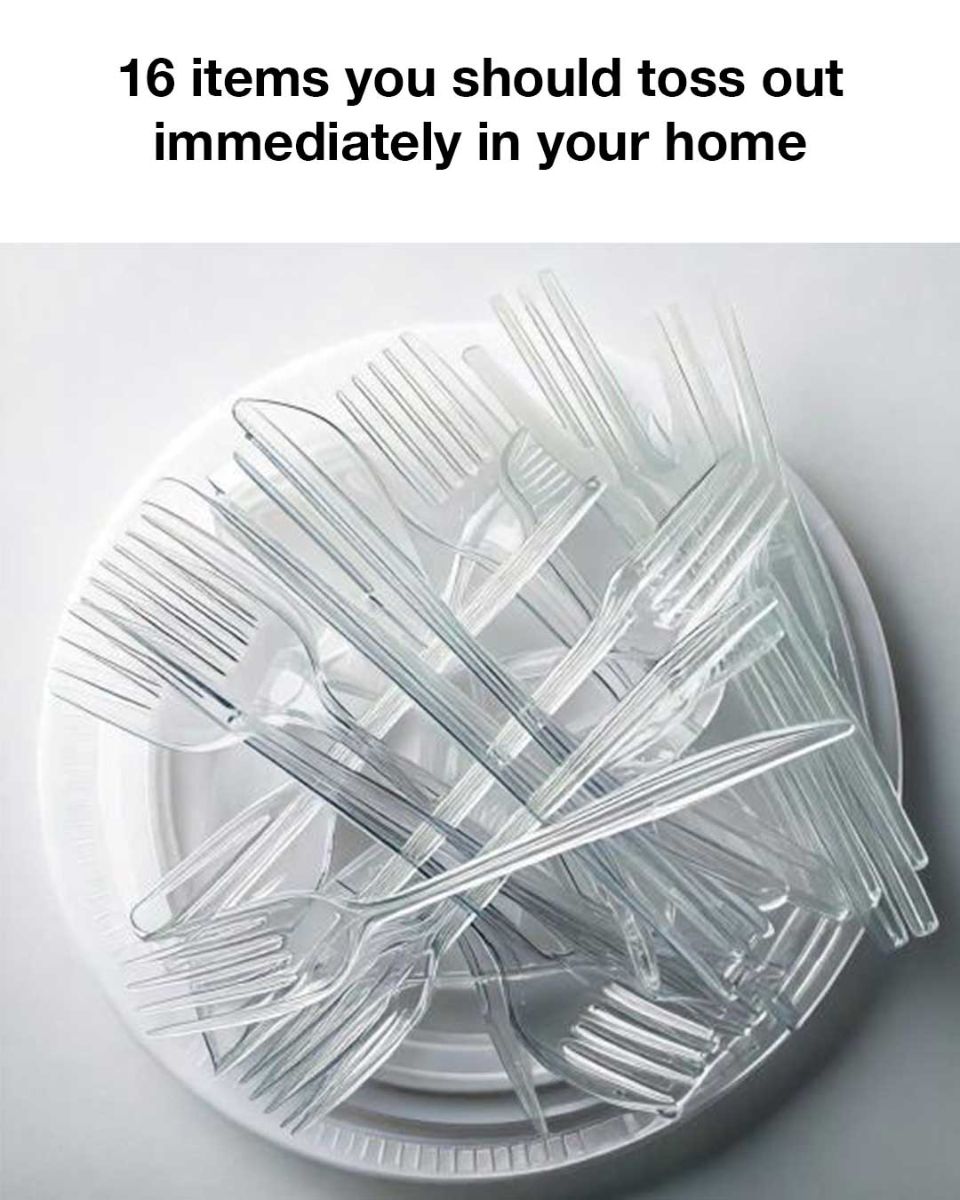Old Makeup and Skincare Products: Risks of Using Expired Cosmetics
Using expired makeup and skincare products can lead to skin irritation, infections, and breakouts. Over time, these products can harbor bacteria and lose their effectiveness. Regularly check expiration dates and dispose of any products that are past their prime to maintain healthy skin.
Broken Electronics: How to Recycle Responsibly
Broken electronics can clutter your home and contain hazardous materials that should not be thrown in the trash. Many communities offer e-waste recycling programs that ensure electronics are disposed of safely and responsibly. Recycling electronics helps prevent environmental contamination and allows valuable materials to be reused.
Outdated Cleaning Supplies: Ensuring Effective Home Hygiene
Cleaning supplies that are past their expiration date may not work effectively, leaving your home less clean than you think. Check labels for expiration dates and replace outdated products to ensure your cleaning efforts are effective. Proper disposal of old cleaning supplies is also important to prevent environmental harm.
Damaged Furniture: Safety and Aesthetic Considerations
Damaged furniture can be both a safety hazard and an eyesore. Wobbly chairs, broken tables, and torn upholstery can cause accidents and detract from the overall aesthetic of your home. Consider repairing or replacing damaged pieces to improve safety and enhance the look of your living space.
Old Magazines and Newspapers: Reducing Clutter and Fire Hazards
Stacks of old magazines and newspapers can quickly create clutter and even pose a fire hazard. They also attract dust and pests. Consider recycling them or donating to schools and libraries that may have a use for them. Keeping only the issues that hold sentimental value or important information can help reduce clutter.
Unused Exercise Equipment: Reclaiming Space and Motivation
Exercise equipment that goes unused can take up valuable space and serve as a constant reminder of unmet fitness goals. Consider selling or donating equipment you no longer use. This can free up space and potentially motivate you to engage in activities you enjoy more.
Worn-Out Linens and Towels: Maintaining Comfort and Hygiene
Old linens and towels can become scratchy and less absorbent over time, reducing comfort and hygiene. Regularly assess the condition of your linens and towels, and replace them as needed to ensure a comfortable and clean home environment.
Expired Batteries: Safe Disposal and Environmental Impact
Expired batteries can leak harmful chemicals and should not be thrown in the trash. Many communities offer battery recycling programs to ensure safe disposal. Properly disposing of batteries helps protect the environment and prevents potential contamination.
Old Toys and Games: When to Donate or Discard
Children outgrow toys and games quickly, and keeping them around can contribute to clutter. Consider donating gently used items to charities or schools. Discard broken or incomplete items to free up space and ensure your home remains organized.
Unused or Broken Tools: Organizing Your Garage or Workshop
Tools that are broken or rarely used can clutter your garage or workshop, making it difficult to find what you need. Assess your tools regularly and dispose of or donate those you no longer use. Organizing your tools can improve efficiency and make your workspace more enjoyable.
Conclusion: Benefits of a Clutter-Free Home
A clutter-free home offers numerous benefits, from improved mental clarity and reduced stress to increased safety and enhanced aesthetics. By regularly assessing and removing unnecessary items, you create a living space that supports your lifestyle and well-being. Embrace the process of decluttering as an opportunity to refresh your home and your mind.
ADVERTISEMENT

